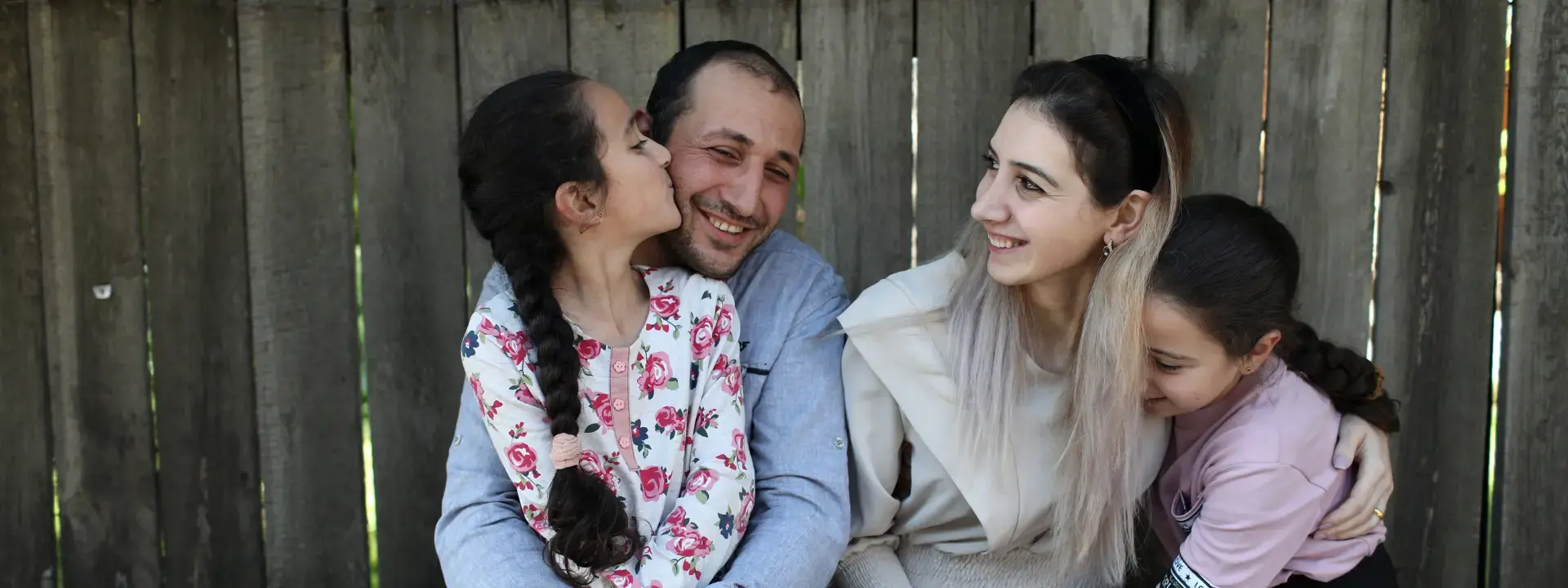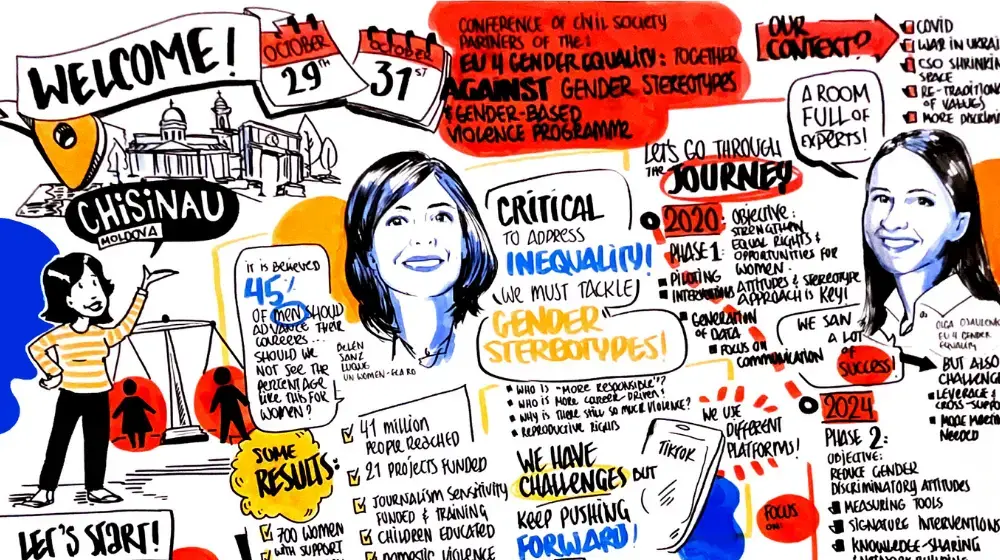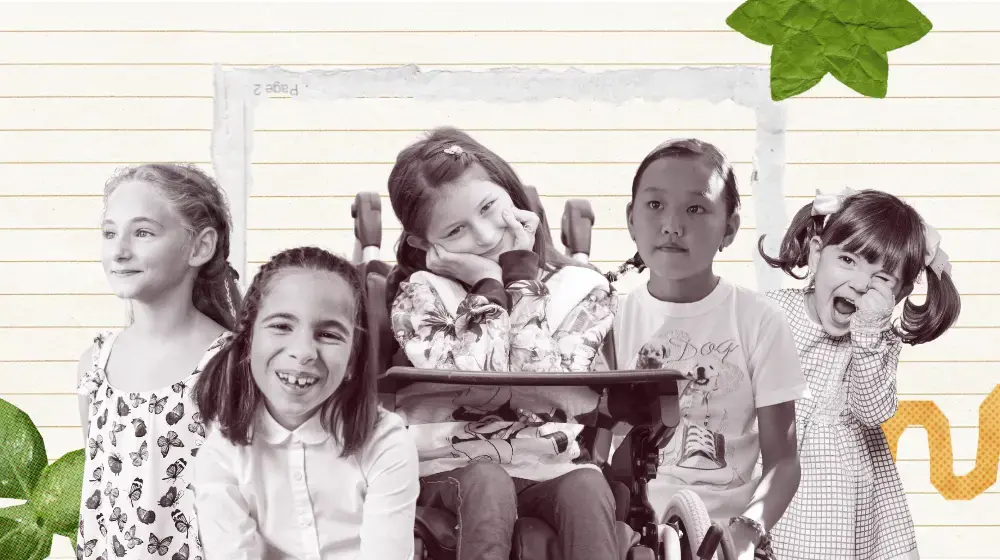The practice of prenatal sex selection happens when a foetus is determined to be female and the pregnancy is terminated, or when parents choose the sex of an embryo before it is implanted in the uterus to ensure it is a boy. Gender-biased sex selection that favours sons results in a higher number of boys being born than girls. More than 142 million women and girls are estimated to be “missing” from the world today as a result of gender-biased sex selection.
Son preference and daughter aversion can also manifest after birth. Discrimination within the family can lead to households allocating more resources towards their sons while neglecting their daughters’ basic needs, such as nutrition, health care and education.
Our Challenge / Regional Context
The practice is most common in countries with restrictive population policies, patriarchal and patrilineal family structures, persistent male preference, and where girls are undervalued. The imbalance of births can have a long-lasting impact on population dynamics in the affected countries, leading to significant socioeconomic consequences.
The practice is common in parts of Eastern and South-Eastern Europe. It has resulted in more than 170,000 “missing” girls from the region. Armenia and Azerbaijan have the widest gaps in their sex ratios at birth, but Georgia, Albania and Kosovo (UNSCR 1244) also have signs of skewed demographics.
Taking Action
Eliminating gender-biased sex selection means addressing gender inequalities and harmful social norms. Laws and policies that ban gender-biased sex selection can be a first step, but they should be enacted alongside other reforms that combat the social and gender norms that perpetuate the preference for boys over girls. That includes empowering women and girls to ensure they have access to education, economic opportunities and sexual and reproductive health services to make informed decisions about their lives and futures. Men and boys should also be engaged as part of efforts to challenge social and gender norms that devalue women and girls. In particular, community leaders and other prominent figures, such as faith leaders, celebrities and members of the media, can play a key role in changing social norms and ending harmful practices.
Every Girl Counts is UNFPA’s strategy to end son preference and daughter aversion, as the most sustainable pathway to eradicate gender-biased sex selection and other forms of discrimination against girls, and to achieve gender equality. It has been implemented in six countries in Eastern Europe and Asia.
On a regional level, UNFPA is working on an ambitious and comprehensive strategy that addresses deeply rooted discriminatory gender and social norms related to gender-biased sex selection in Albania, Armenia, Azerbaijan, Georgia and Kosovo (UNSCR 1244) with robust monitoring and evaluation, communication and knowledge management.





